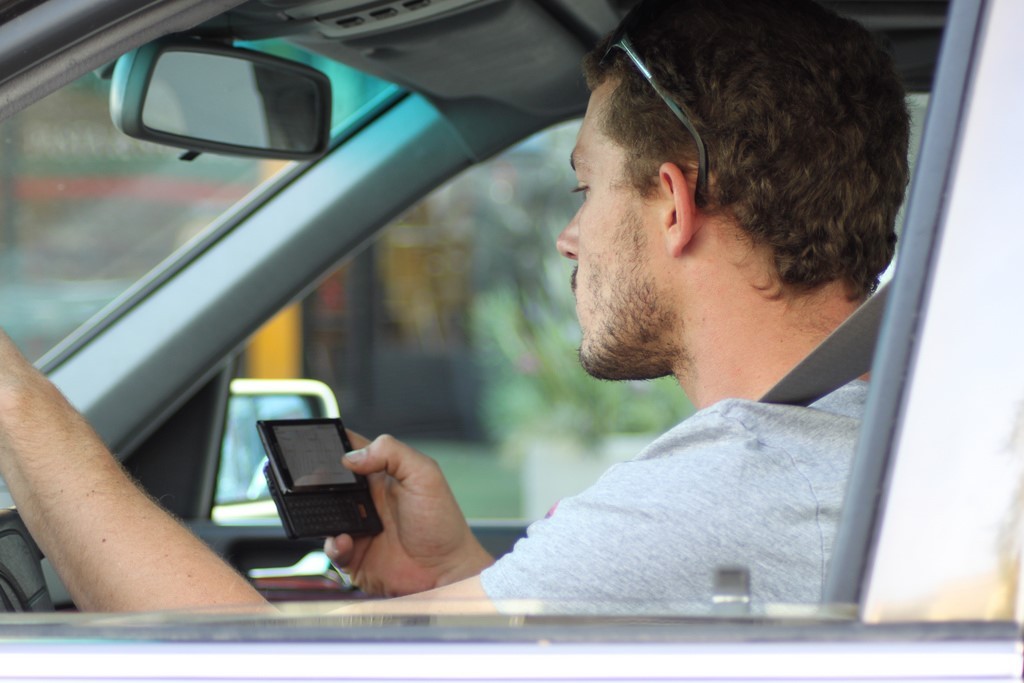***ATTENTION***
If you are having difficulty paying criminal fines in Pierce County Superior, Pierce County District, or Tacoma Municipal Courts, then we have an event that could help. We invite you to attend the Legal Financial Obligation Reconsideration Day coming up on Wednesday, September 25 at 8:30 a.m. – 3:30 p.m.
This could be a great opportunity to speak to with a lawyer, see a judge, and request relief from your debt. If you would like to attend, be sure to RSVP today! Reservations are required.
This year’s legal financial obligation reconsideration day is located on the first floor of the County City Building at 930 Tacoma Ave. S., Tacoma, WA 98402. Please be sure to bring proof of income, if at all possible.



 Washington state public-safety officials say there will be no more excuses for drivers. Washington’s newest distracted driving law proclaims: on the road, off the phone. The anti-distraction law took effect on Sunday, July 23rd, and comes with a six-month grace period which will net you a warning and an educational card if you are stopped for using an electronic device—that is, if you are stopped by a Washington State Patrol officer. Some other counties will follow suit by focusing on education in the first few months and fines later on. This is not true for all counties, however.
Washington state public-safety officials say there will be no more excuses for drivers. Washington’s newest distracted driving law proclaims: on the road, off the phone. The anti-distraction law took effect on Sunday, July 23rd, and comes with a six-month grace period which will net you a warning and an educational card if you are stopped for using an electronic device—that is, if you are stopped by a Washington State Patrol officer. Some other counties will follow suit by focusing on education in the first few months and fines later on. This is not true for all counties, however. Police who suspect drivers to be under the influence of drugs
Police who suspect drivers to be under the influence of drugs  Yes, if you are holding it to your ear. Washington State Law
Yes, if you are holding it to your ear. Washington State Law










